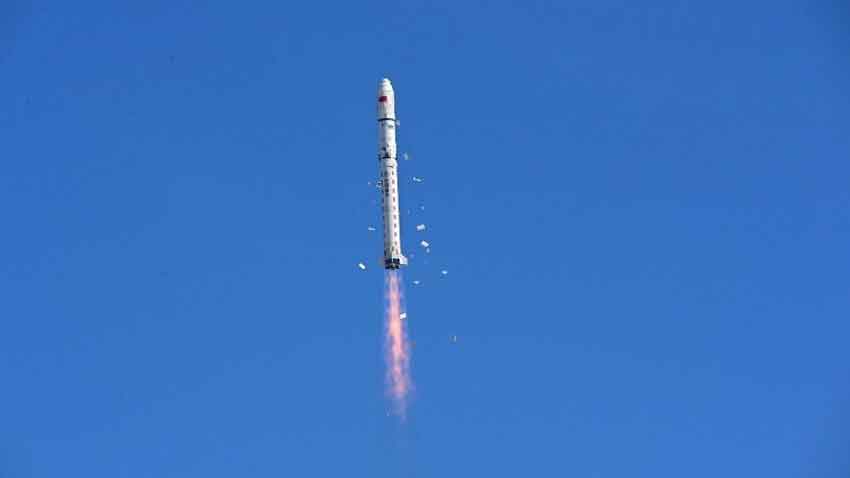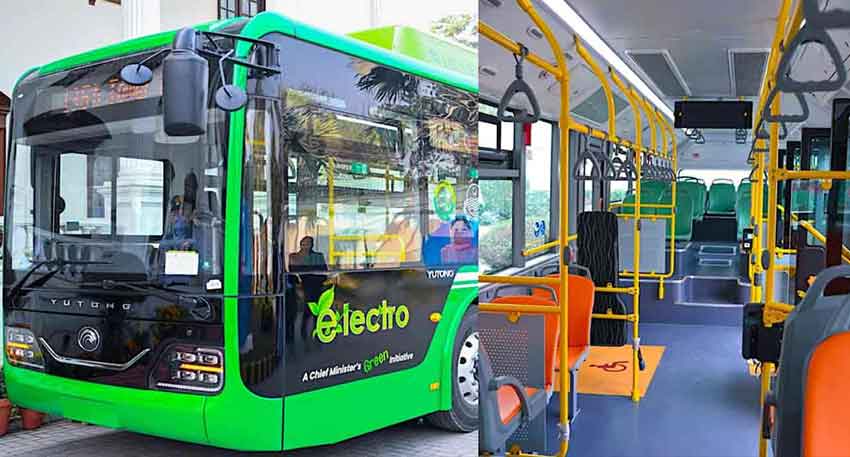
The EO-1 satellite, launched by the Space and Upper Atmosphere Research Commission, uses electro-optical sensors to collect data and images of the Earth’s surface by detecting and measuring reflected sunlight or emitted radiation.
The PRSC-EO1 satellite will boost Pakistan’s ability to monitor and manage natural resources, respond to disasters and improve urban planning and agricultural development, Suparco said in a statement.
The agency said, “This remarkable milestone marks a giant leap forward in Pakistan’s journey toward self-reliance and technological excellence in space exploration.”
Suparco Chairman Muhammad Yousaf Khan acknowledged the hard work and dedication of the agency’s engineers, emphasising that the launch reflected “Pakistan’s commitment to leveraging space technology for national progress and sustainable development”.
In addition, Suparco said the satellite would also assist in monitoring and conserving natural resources, including minerals, oil, and gas reserves.
“The capabilities make the satellite a vital tool for sustainable development and informed decision-making. The successful launch represents a crucial step in Pakistan’s journey towards space technology excellence and reinforces Suparco’s role as a key contributor to the nation’s socio-economic growth through innovative space solutions,” it said.
Deputy Prime Minister and Foreign Minister Ishaq Dar termed the successful launch a “significant achievement” in Pakistan’s space journey.
“Launch of indigenously manufactured EO satellite is a testament to Suparco’s expertise and government of Pakistan’s commitment to pursue space technology for peaceful purposes,” he said in a post on X.
The Inter Services Public Relations hailed it as a “momentous milestone”.
Today’s achievement is set to position advanced space technology capabilities at the forefront of Pakistan’s national progress and development, aligning with the goals of the National Space Policy.
In May last year, Pakistan launched a multi-mission communication satellite, PakSat-MM1, to improve internet and communication infrastructure. It was jointly developed by Suparco and the China Great Wall Industry Corporation.
Suparco also joined a lunar exploration mission in November partnering with China’s Chang’e 8 mission, set to launch in 2028.




